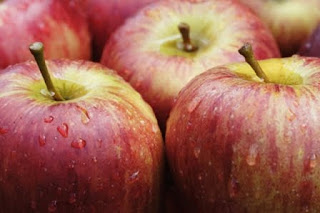Etoxazole is from the oxaline group of insecticides and shows no cross-resistance to any other acaricides. It has a useful place as the first spray in the spider mite control programme.
The product will give best performance when used at first appearance of the first mobile stages of spider mites. It is applied at a maximum of 35 mls per 100 litres of water in a minimum of 500 litres of water, sufficient to obtain good crop coverage. One application of Borneo is allowed per crop. Borneo has a residual action of around 45 to 60 days. It has little adverse effect on bees, predatory mites or wasps and is expected to fit in well within IPM systems.
Growers need to obtain a copy of the notice of approval to use Borneo in strawberries via the Chemicals Regulation Directorate (CRD) web site, ADAS offices, the HDC or NFU. The SOLA reference number is 2400 of 2009. Growers are advised to test a small area of crop prior to commercial use.
Developed by Sumitomo Chemical Company, Borneo contains 110 gms/litre etoxazole formulated as a suspension concentrate. It is packed in 250 mls packs.
In the SOLA notice of approval, CRD point out that, as is the case for all SOLA's, liability lies with the user and growers are advised to test a small area of crop prior to commercial use.Accordingly, Sumitomo Chemical Company Ltd as manufacturer of Borneo and Interfarm as UK distributor decline any liability in case of crop damage or efficacy enquiries.

















